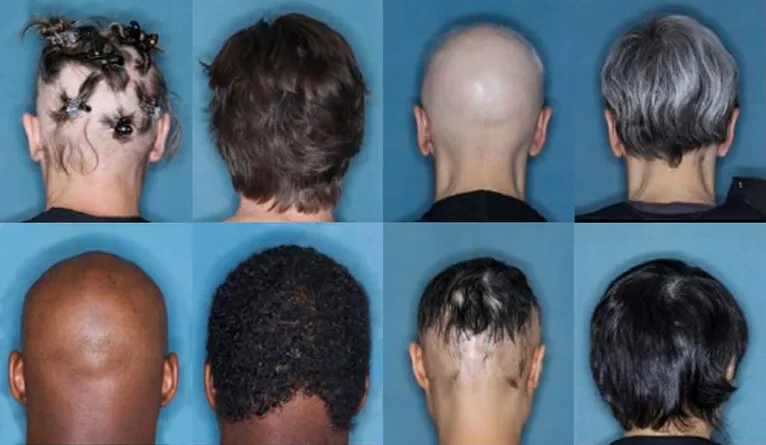FDA Approves First Drug to Treat Hair Loss Caused By Alopecia
The U.S. Food and Drug Administration (FDA) has approved Olumiant (baricitinib) for adult patients with severe alopecia areata, marking the first FDA-approved systemic treatment for the condition. Alopecia areata is an autoimmune disorder in which the immune system attacks hair follicles, leading to hair loss, primarily on the scalp and face but sometimes affecting other parts of the body. According to the National Institutes of Health, approximately 700,000 people in the U.S. have the disorder, with around 40 percent experiencing severe cases involving the loss of at least half of their scalp hair.
Developed by Eli Lilly, Olumiant was initially introduced as a treatment for rheumatoid arthritis and other autoimmune diseases. Its effectiveness for alopecia areata was assessed in two phase III clinical trials, involving 1,200 patients. Participants received either a two-milligram or four-milligram daily dose of the drug, or a placebo. After 36 weeks, nearly 40 percent of those taking the higher dose experienced complete or near-complete hair regrowth. By the one-year mark, nearly half had significant hair restoration, including eyelashes and eyebrows.
Before Olumiant’s approval, no FDA-approved treatments existed for alopecia areata, leaving patients reliant on unapproved creams, injections, and cosmetic solutions. “Access to safe and effective treatment options is crucial for the significant number of Americans affected by severe alopecia,” said Kendall Marcus, director of the FDA’s Division of Dermatology and Dentistry.
Olumiant works by preventing the immune system from attacking hair follicles. Other pharmaceutical companies, including Pfizer and Concert Pharmaceuticals, are also developing similar treatments.
Reported side effects of Olumiant include acne, urinary tract infections, headaches, high cholesterol, and increased susceptibility to infections. The list price for a one-month supply of the two-milligram dose is $2,500. However, Eli Lilly aims to reduce out-of-pocket costs, with insured individuals potentially paying as little as $5 per month and uninsured patients around $25.
Share this content:











